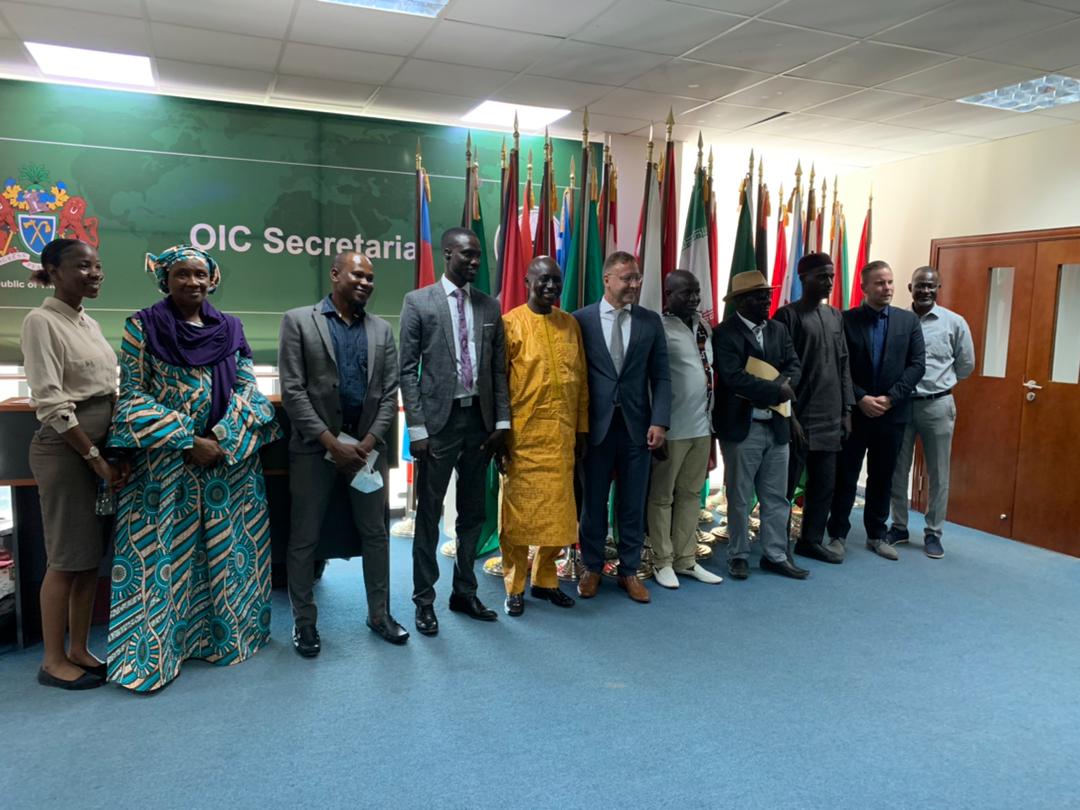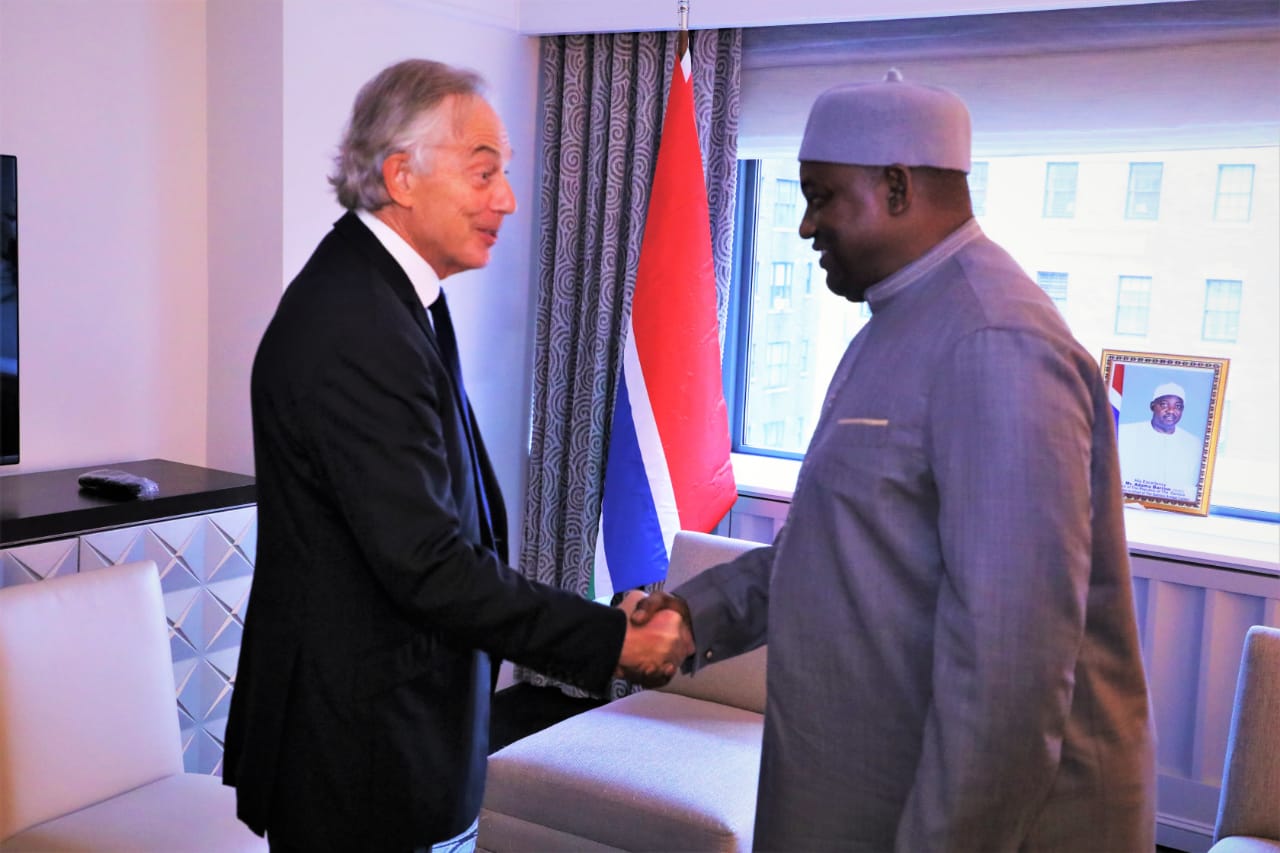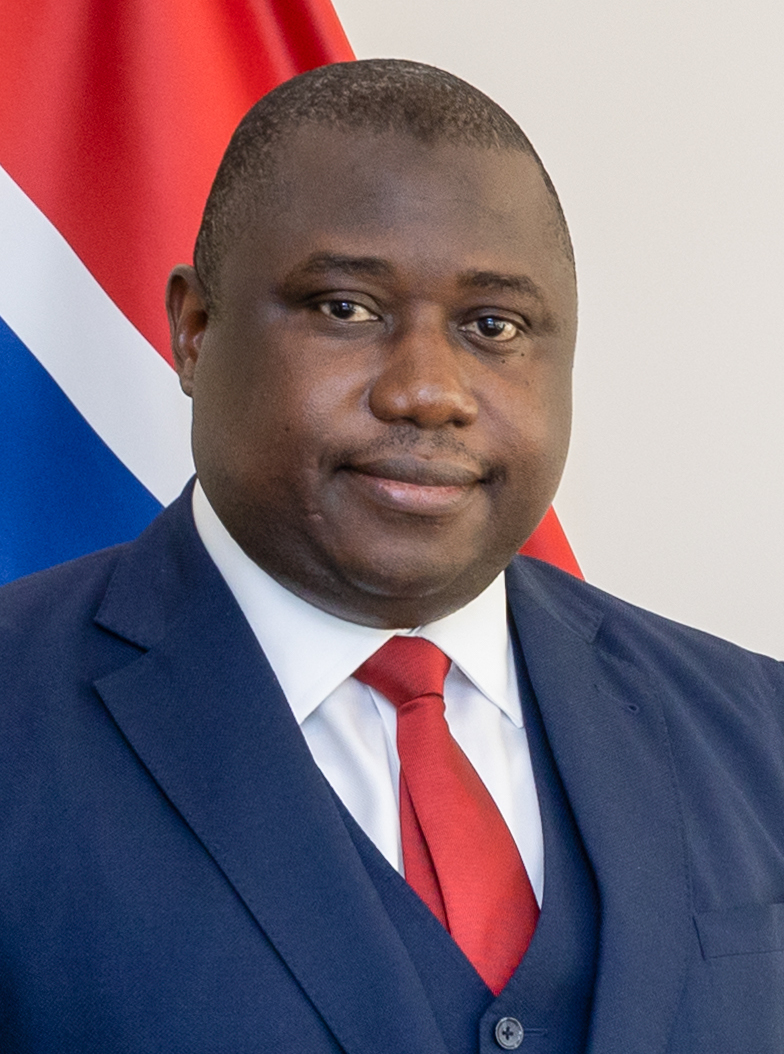Eleven (11) international human rights organisation last week filed a lawsuit against the governments of The Gambia and Ghana to investigate the alleged enforced disappearances and extrajudicial killings of over fifty Ghanaians and other West African migrants in 2005 by the infamous hit squad of the former exiled president Yahya Jammeh.
The groups making this urgent call are namely; African Network Against Extrajudicial Killings and Enforced Disappearances (ANEKED), Amnesty International Ghana, Commonwealth Human Rights Initiative, Gambia Centre for Victims of Human Rights Violations, Ghana Centre for Democratic Development, Human Rights Advocacy Centre, Human Rights Watch, Media Foundation for West Africa and Trial International.
In a joint statement by the eleven human rights organizations, amid growing evidence, the group claimed that the murders were carried out by Gambian security forces acting on the orders of the then-president Yahya Jammeh and called for urgent international investigation into the massacre.
In the same development, ANEKED is also joining the call this week filed a lawsuit before the ECOWAS community Court of Justice against the governments of The Gambia and Ghana on behalf of the families of the victims.
“A credible international investigation is needed if we are ever going to get to the bottom of the 2005 massacre of West African migrants and create the conditions to bring those responsible for justice, Emeline Escafit,” a senior legal adviser at Trial International warned, saying until now, information has come out in dribs and drabs, year after year from different sources.
On July 22, 2005, Gambia security forces arrested the migrants who were bound for Europe after their boat landed in The Gambia on suspicion of involvement in a coup attempt. Over the next ten days, almost all the migrants including about forty-four Ghanaians, nine Nigerians, two Togolese and nationals of Cote d’Ivoire and Senegal and a Gambian were killed in the country or taken across the border into Senegal and shot while their bodies were dumped in a well.
One of the victims, Martin Kyere who jumped into the forest from a moving truck carrying other detained migrants who were killed shortly thereafter by the infamous hit squad of the former president known as Junglers said he has been fighting for fifteen years for truth and justice for his companions who were killed and since his return to Ghana, Martin has been rallying the victims’ families.
Since the establishment of the Truth Commission by The Gambia government in 2019, several Gambian soldiers have confessed to the murders among them Omar Jallow and Malick Jatta.
Delivering harrowing details of brutality before The Gambia’s Truth Commission, one of the members of the Jammeh’s infamous hit squad, Omar Jallow alias OYA confirmed his participation in forty-eight killings which involved Gambians and over thirty Ghanaian nationals among other extrajudicial killings.
Both Jallow and Jatta claimed that the orders were given by Jammeh but the chain of events leading to the killings still remained unclear.
The rights groups further alleged that there is still no substantial information on exactly where migrants were buried in neither Senegal nor the identities of the victims are known.
Previous efforts to investigate the alleged massacre have repeatedly been stymied or flawed and initial campaign by Martin Kyere and the victim’s families and the rights groups as well as the attempted investigation by the government of Ghana in 2005 and 2006 was blocked by the then Jammeh government.
The United Nations and ECOWAS had delayed the search for justice for ten years by wrongly clearing Jammeh in 2009, the rights groups however stated that the fall of Jammeh combined with the starling new revelations provide the opportunity to move forward.
A prominent international lawyer and a senior counsel at Human Rights Watch and an author of the 2018 report tilted: ‘With Jammeh out of power, getting to the truth is just a matter of political will,’ is now calling on the United Nations and the regional bloc, ECOWAS to urgently make a real contribution now by releasing their report and try to work with Gambia, Ghana and Senegal to uncover exactly how this crime was committed so that the victims can have justice at long last.
In 2009 Memorandum of Understanding between Ghana and The Gambia following the UN/ECOWAS report, the two countries pledged to pursue through all available means the arrest and prosecution of all those involved in the deaths and disappearances of the Ghanaians and other ECOWAS nationals.
Families of the victims in Ghana have also sanctioned their government to investigate and prosecute those responsible for the killings under its laws against enforced disappearances.
Responding to the suit, the chairperson of The Gambia National Human Rights Commission assured the government readiness to investigate the matter and bring the perpetrators to justice.
According to the chairman of the commission, as the watchdog of the human rights abuses, the commission is monitoring the situation and will act upon the recommendation made by the Truth, Reconciliation and Reparations Commission which is mandated to uncover all the atrocities committed during the past regime.




